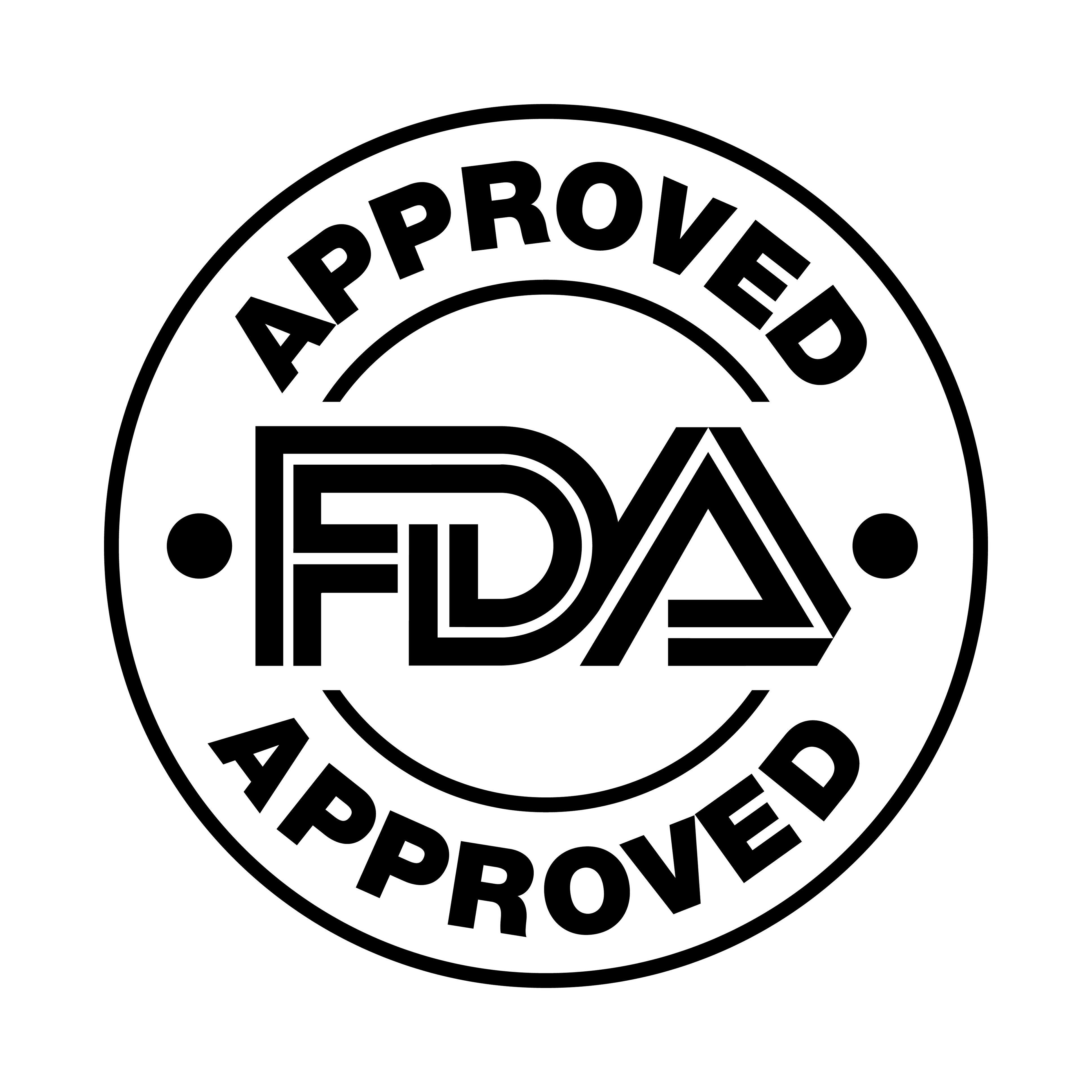Article highlights
- FDA Approval for Roflumilast Cream: The FDA approved an expanded indication for roflumilast cream 0.3% (ZORYVE) to topically treat plaque psoriasis in children aged 6 to 11 years, including intertriginous areas.
- Safety and Efficacy: Approval was based on the 4-week Maximal Usage Systemic Exposure (MUSE) study, demonstrating safety and efficacy comparable to phase 3 trials in adults. Roflumilast is steroid-free, crucial for sensitive areas like the face and skin folds in pediatric psoriasis.
- Psoriasis in Children: Psoriasis in children varies in severity and often appears on sensitive areas. Roflumilast offers a safe, well-tolerated alternative to topical steroids, addressing the challenges of long-term use in younger patients.
- Common Adverse Reactions: The cream's most common adverse reactions included diarrhea, headache, insomnia, nausea, and application site pain, all at rates of 1% or higher.
- Ongoing Studies: Further research, including a second MUSE study for children aged 2 to 5 years and an open-label extension study for long-term safety assessment in patients 2 years and up, is underway, with results to be reviewed by the FDA in the future.
The FDA has approved an expanded indication supplemental New Drug Application (sNDA) for roflumilast cream 0.3% (ZORYVE; Arcutis Biotherapeutics) for children aged 6 to 11 years to topically treat plaque psoriasis, including in intertriginous areas, according to a press release from Arcutis.
The steroid-free, once-daily cream was approved based on data from the 4-week Maximal Usage Systemic Exposure (MUSE) study for those aged 6 to 11 years, where safety, efficacy, and pharmacokinetic data was “generally consistent” with data from the pivotal phase 3 trials DERMIS-1 (NCT04211363) and DERMIS-2 (NCT04211389) in adults.
Affecting approximately 9 million people in the United States, psoriasis is a non-contagious, immune-mediated skin disease. Plaques, or raised, red areas of the skin covered with a white or silver layer of dead skin, are developed in many psoriasis patients.
“In children, psoriasis ranges from mild to severe, and more often appears on sensitive areas including the face and skin folds, compared to adults,” said Adelaide A. Hebert, MD, professor and chief of pediatric dermatology, McGovern Medical School at UTHealth Houston and Children’s Memorial Hermann in the news release. Topical steroids are commonly recommended medications for the treatment of pediatric psoriasis. However, they come with safety and tolerability concerns related to long-term use. Steroid-free topical treatments that can be used on sensitive areas are especially needed for managing plaque psoriasis in younger children. [Roflumilast] was shown to be safe and well tolerated, an important consideration for managing plaque psoriasis, especially in children.”
Roflumilast cream 0.3% is contraindicated in patients with moderate to severe liver impairment (Child-Pugh B or C). Diarrhea (3.1%), headache (2.4%), insomnia (1.4%), nausea (1.2%), application site pain (1.0%), upper respiratory tract infection (1.0%), and urinary tract infection (1.0%) were the most common adverse reactions (≥1%).
According to Arcutis, the results from a second MUSE study that included children aged 2 to 5 years, along with data from an open label extension study (ongoing) to assess the long-term safety of roflumilast cream 0.3% for patients with plaque psoriasis 2 years and up, “will be the subject of a future FDA review.”
Recently, Arcutis submitted a sNDA for roflumilast cream 0.15% to treat mild to moderate atopic dermatitis (AD) in adults and children 6 years and older and announced positive topline data from a phase 3 trial of roflumilast cream 0.05% to treat mild to moderate AD in children aged 2 to 5 years.
Reference:
FDA approves ZORYVE (roflumilast) cream 0.3% for treatment of psoriasis in children ages 6 to 11. Arcutis Biotherapeutics, Inc. Press release. October 6, 2023. Accessed October 9, 2023. https://investors.arcutis.com/news-releases/news-release-details/fda-approves-arcutis-zoryver-roflumilast-cream-03-treatment
